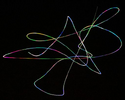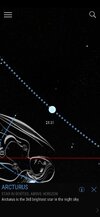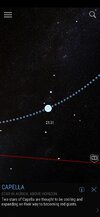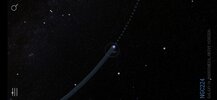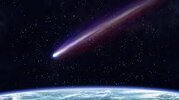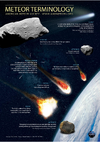I was looking on Arcturus in Bootes constellation today, (+-half an hour ago) It was blinking in different colors, like red, orange.
I look at another star, Capella, Auriga constellation, it was similar.
Do you guys observe it ?
I use this app usually (SkyView Free or SkyView Iite) Maybe there some others app that you find useful, please share it; I have a satelite tracker also
I look at another star, Capella, Auriga constellation, it was similar.
Do you guys observe it ?
I use this app usually (SkyView Free or SkyView Iite) Maybe there some others app that you find useful, please share it; I have a satelite tracker also

